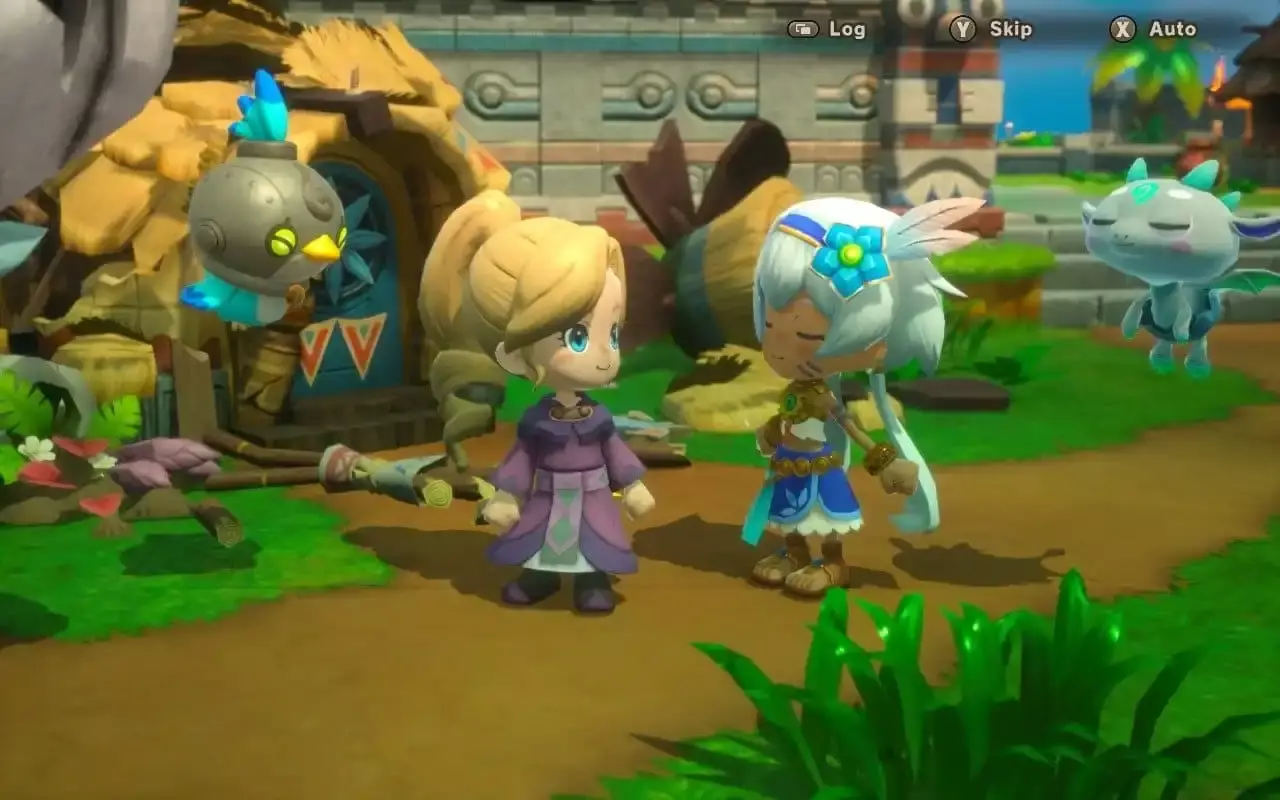Fantasy Life i: The Girl Who Steals Time has taken the gaming world by storm, with an astounding 500,000 copies sold within just two days of its launch. This remarkable achievement isn’t merely a number; it reflects the robust connection between the game and its community, a factor Level-5 has capitalized on effectively. Instead of relying solely on traditional marketing methods, the company has embraced a grassroots strategy, launching a “follow and repost campaign” to engage fans directly. This initiative not only shows gratitude but also provides tangible rewards, such as exclusive game codes and a prized art board featuring the beloved character Rem, Princess of Mysteria.
DLC and the Promise of More
What makes this triumph even more compelling is Level-5’s commitment to keeping the momentum alive. Their announcement of upcoming downloadable content (DLC) demonstrates an understanding of the game’s ecosystem, ensuring players remain engaged. The inclusion of new recipes and additional content tailored to high-rarity weapons shows foresight in catering to player interests and gameplay dynamics. While precise launch dates for the DLC remain under wraps, the enthusiasm surrounding these developments could potentially multiply the game’s community and its already substantial sales figures. Such planning indicates a company that is not just satisfied with initial success but is intent on expanding the game’s lifespan.
Word of Mouth: An Unlikely Marketing Hero
An interesting twist in Fantasy Life i’s success narrative is its unorthodox reliance on word-of-mouth marketing. The delayed arrival of review codes meant a slow buildup of professional reviews, leaving gamers to rely on peer recommendations. The lack of pre-launch buzz may have raised eyebrows, yet it encouraged an organic curiosity. Users began sharing experiences and excitement on social media platforms, revealing a poignant reality: genuine enthusiasm from gamers often outweighs critic accolades in the digital age. The initial surprise followed by widespread joy among fans who rediscovered the game points to a remarkable shift in consumer behavior—games that resonate on deeper emotional levels can gain traction independently.
Challenges and Triumphs in a New Era
The unconventional release strategy—coupled with the absence of physical copies in certain regions—could have been detrimental. However, Level-5 has seemingly navigated these challenges with finesse. Instead of falling into obscurity, the game has flourished, largely due to the very fans it strives to please. This tells us something pivotal about the gaming industry today: successful releases don’t solely hinge on traditional marketing, but heavily rely on cultivating community engagement and player experience.
What stands out is not just the game’s rapid sales, but the collaborative spirit embodied within its community. Here lies an essential lesson for developers: nurturing relationships with players can lead to organic growth that no amount of conventional advertising can achieve. As Fantasy Life i continues to unfold and prosper, it serves as a beacon of possibility for other studios. The venture’s trajectory suggests that sometimes, the most heartfelt successes come not from grand campaigns, but from genuine connections built one player at a time.


Leave a Reply